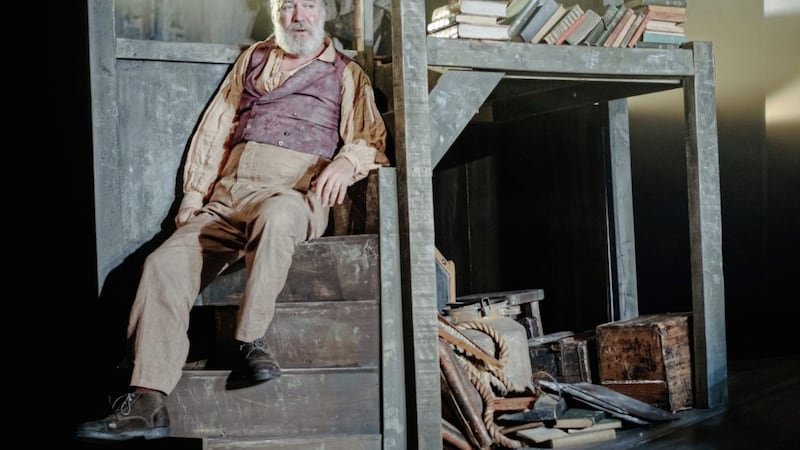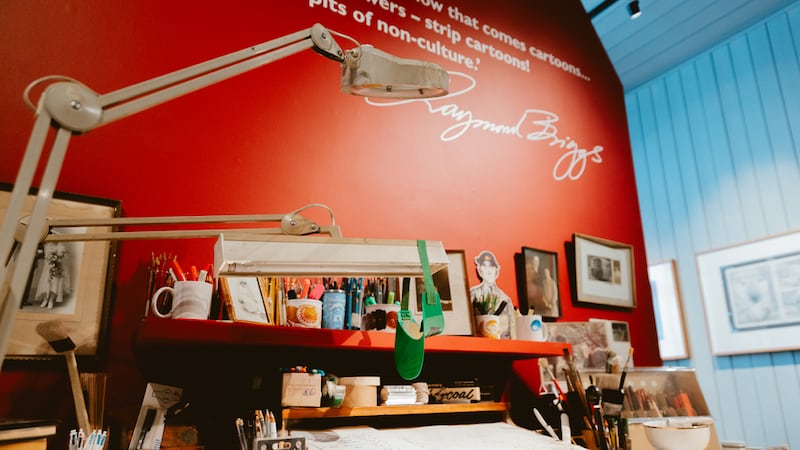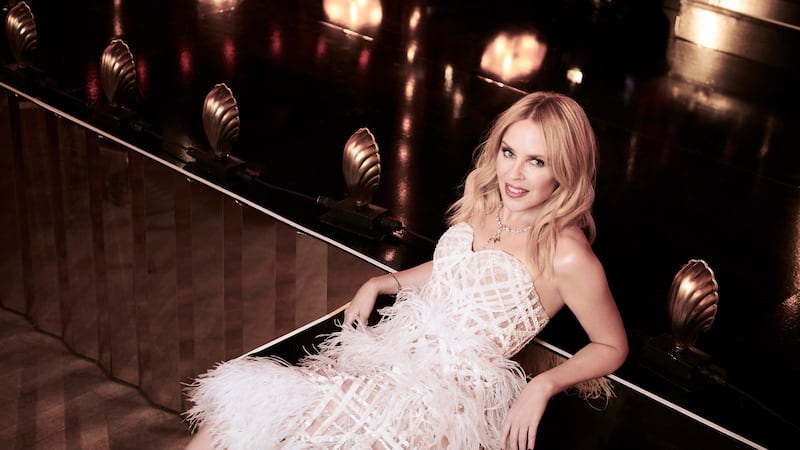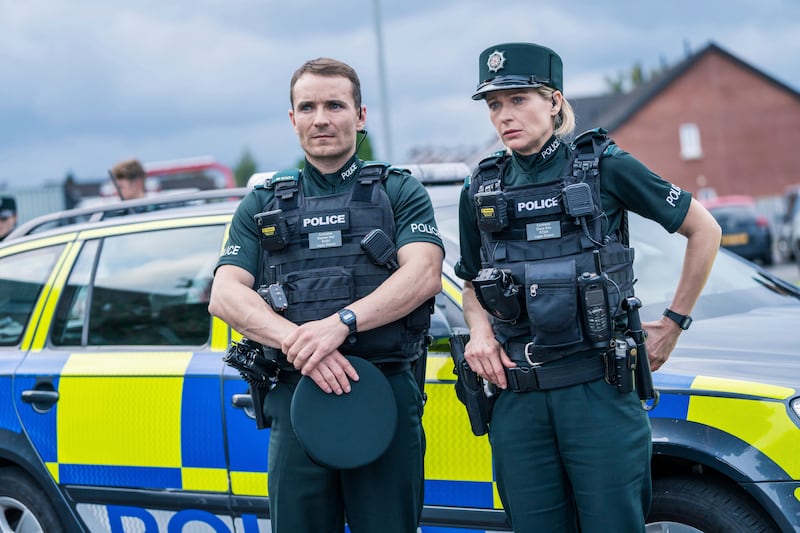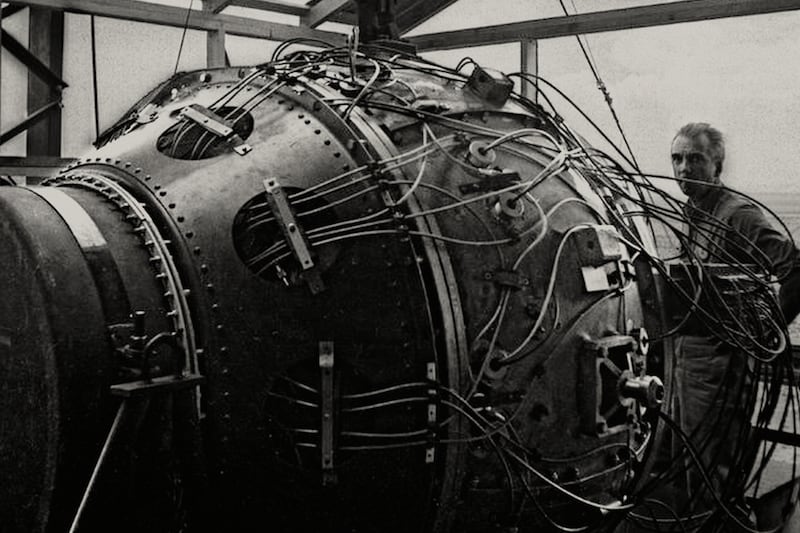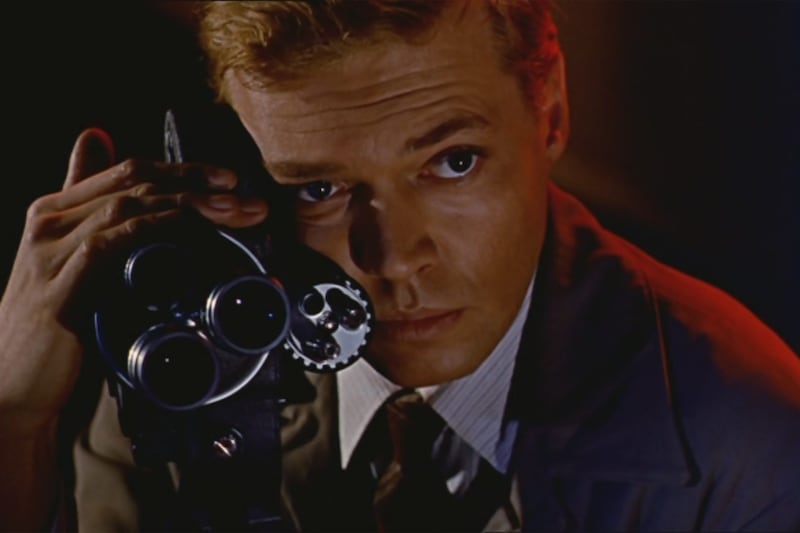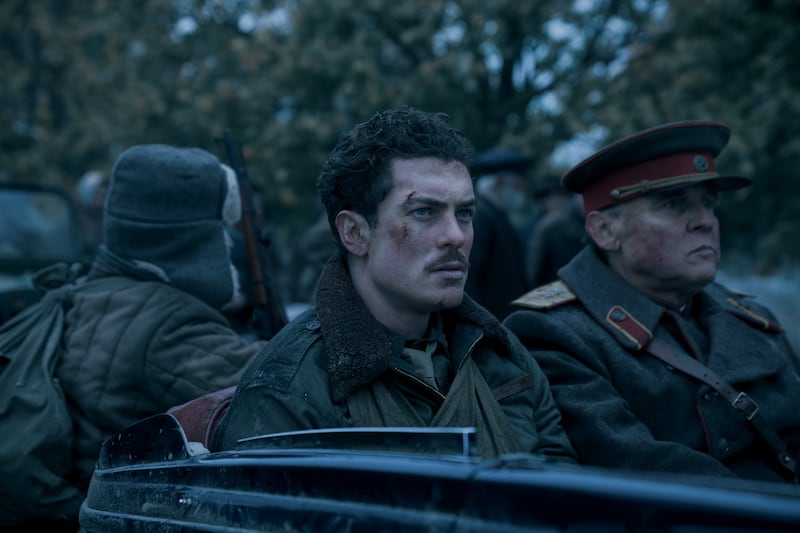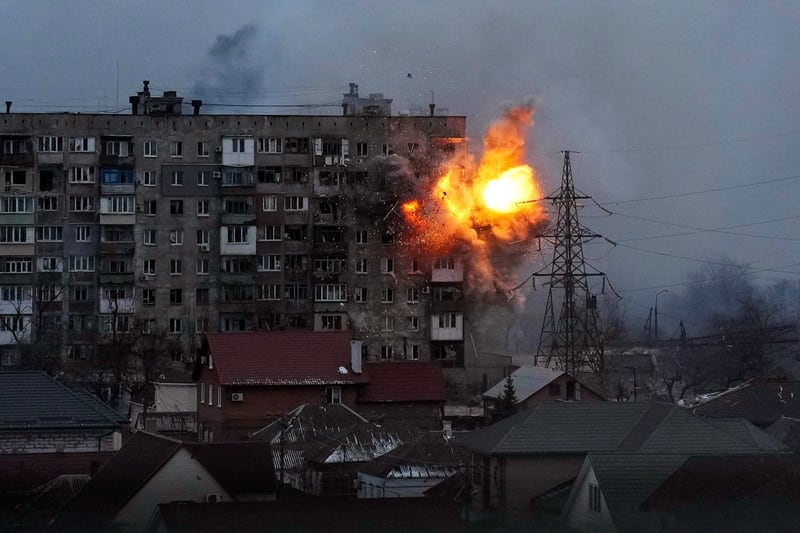THERE is no better time to mount a production of arguably Brian Friel's masterpiece, Translations.
Written in 1980 when Friel was launching his theatre company Field Day with Stephen Rea, the drama remains extremely topical in a post-Brexit world preoccupied with borders while remembering partition.
The brilliant Abbey Theatre account, directed by Caitriona McLaughlin and now playing as a co-production at the Lyric Theatre, delivers history and passion.
We start with darkness, then cut to the opening scene about young, traumatised Sarah (Suzy Seweify) being taught to say her name via physical exercises.
"Breathe in, breathe out," urges the teacher Manus (Marty Rea). It suggests a birth, underlining the way language creates identity.
Then we get the 19th century hedge school, nuanced in its portrayal of people becoming literate in Latin and Greek via Irish. But not yet English, of course. As the schoolmaster Hugh (Brian Doherty) observes later, English merely succeeds in making things sound plebeian.
What alters the temperature is the arrival of the colonial forces and their determination to map the local area. They're renaming the Baile Beag townland, yanking it into their world for commercial, also political reasons.
Two men are mapping this new world, Lieutenant George Yolland (Aidan Moriarty) and charismatic Owen (Leonard Buckley), returning home. He's mistakenly called Roland by the English officers, a droll mistake but also disrespectful.
In terms of the Anglo-Irish relationship, things become complicated. Yolland has a romantic attachment to his Celtic surroundings, declaring he's "lucky to be here".
He means being near curly-haired Maire (Zara Devlin) and they have a superbly hesitant, well built love scene that has been compared to Romeo and Juliet. It actually recalls the linguistically challenged romantic scene in Henry V.
But it heralds disaster and terrible tragedy. Perhaps that is because George the potential lover can't see things clearly. It is also significant that Maire says early on she wants to learn English to escape her rural existence.
The second half was outstanding. The sense of danger and grief was palpably flagged by Sarah's shriek at her tutor's exit, a theatrical moment.
Beneath a bleary sky, we get Manus disappearing, having seen his girl Maire and Yolland kiss, and soldiers arriving to control the locals, as the English soldier has disappeared in suspicious circumstances.
The end seems to echo King Lear as we listen to a drunken Hugh and his articulate fool, Jimmy Jack (Ronan Leahy). They poetically consider their future, with Jimmy Jack claiming he needs his own language to understand home.
The rest is silence, before the deserved standing ovation.
Friel said his play, based on the mapping of Ireland in the 1830s, was "a play about language, and only about language". Which of course means it is about identity, neighbouring lands and the ongoing Celtic and Anglo-Saxon relationship. In other words, everything.
:: Translations continues at the Lyric Theatre until May 29. lyrictheatre.co.uk.
